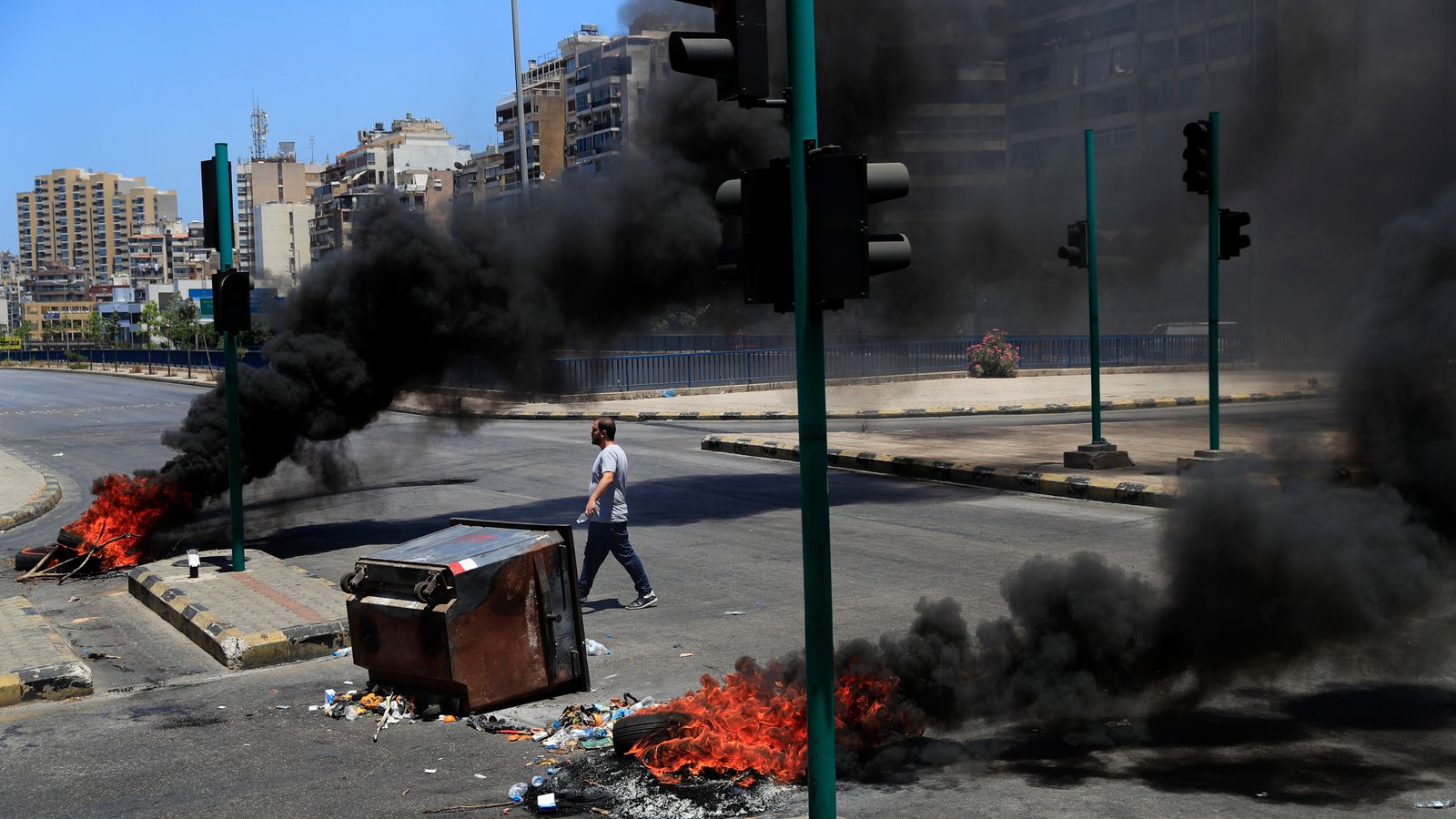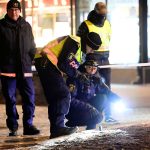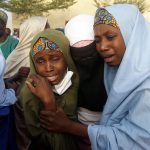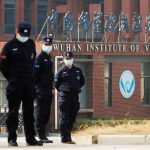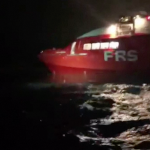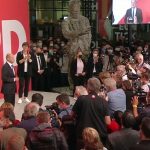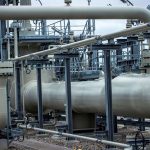Fuel shortages in Lebanon have led to deadly violence, with three men killed and knives, guns and hand grenades used at petrol stations.
For months, petrol supplies have been drying up, prompting long lines at garages and plunging the country, which is dependent on private generators for power, into long hours of darkness.
The shortages are blamed on smuggling, hoarding and the government’s inability to secure deliveries of imported fuel.
The crisis worsened when the government reduced subsidies amid a financial crisis in 2019.
There have been violent scenes in the past, with clashes at petrol stations, but Monday’s deaths reflect growing frustration.
Local media reported that in one incident a gunfight erupted over a fuel deal in the northern city of Tripoli, leaving two men dead.
The violence spiralled with a hand grenade thrown, troops deployed at a local hospital and heavy gunfire at the men’s funerals.
There was another clash at a gas station in Bakhoun in the northern Dinniyeh region which started with a fistfight at a petrol station.
A man was shot in the violence but died in hospital according to the agency.
The shooters in both incidents handed themselves in to police.
Fadi Abu Shakra, a spokesperson for the country’s fuel distributors, said: “The situation is very hard, and we can’t handle it much longer.”
Lebanon’s national electricity company, which is dependent on imported fuel, has expanded a rolling blackout system delivering only around one hour of electricity a day to homes and businesses.
This prompted private generator operators to turn off their engines to ration the consumption of fuel, plunging entire areas into hours-long darkness.
Hospitals have warned that they have been unable to secure diesel, threatening the already struggling health sector with the shutdown of medical facilities.
